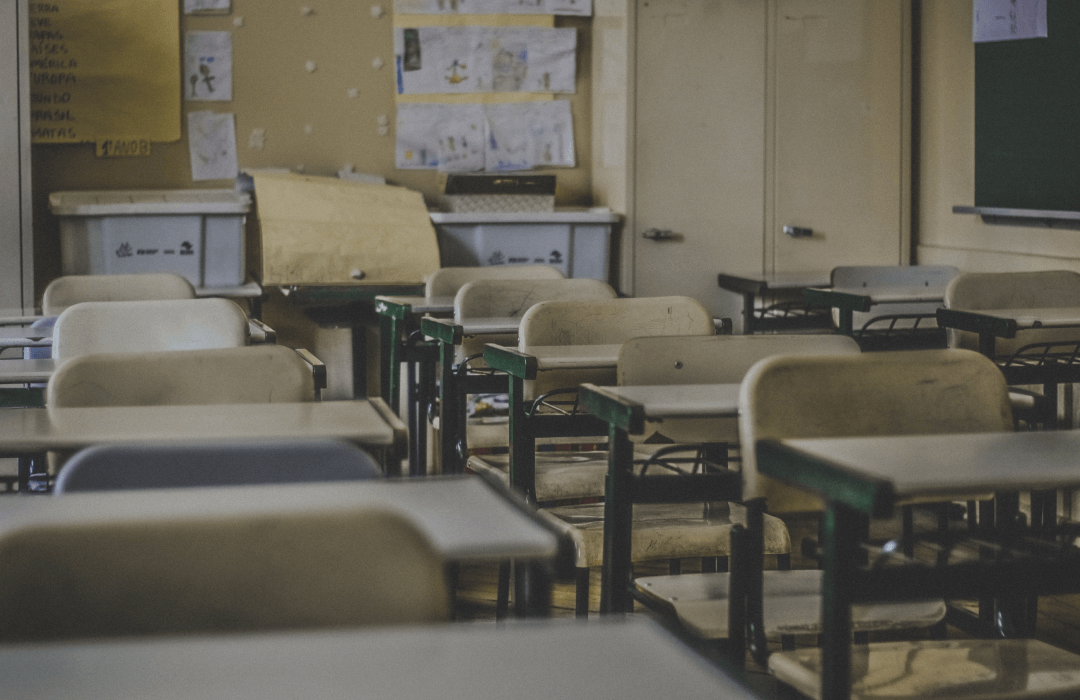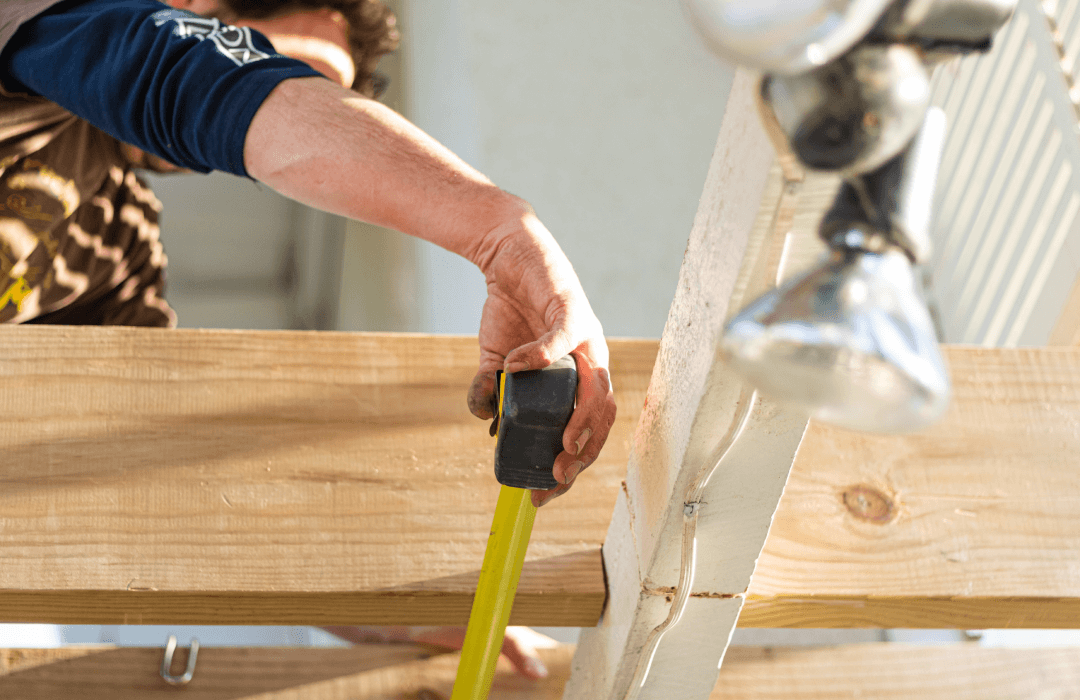 The Company
The Company 
Location
La Felsina is in the city of Guarambaré, Central Department, 31km away from the capital city of Asunción using Ruta 1; and 28 km using Acceso Sur. The city is famous for its artistic and cultural life, as well as for its two great mills: La Felsina and Guarambaré Sugar Factory. What is more, the most important event in the city is the Takuare'e Festival. This folkloric artistic event bears its name (takuare’e means “sugar cane” in Guaraní language) due to the importance of this product in the city's economy. The festival has been organized every year since 1977 by the Takuare’e Cultural Society and includes music, dance, theater, poetry, and other cultural activities.
Industry
Paraguay is a world leader in the export of organic sugar and Fair Trade. Fair Trade is a certification that guarantees that the production processes have been carried out respecting the labor and social conditions of the producers of the raw material.
In the last 2 years, there was a surplus in the world production of organic sugar in relation to the demand, events that decrease international prices.
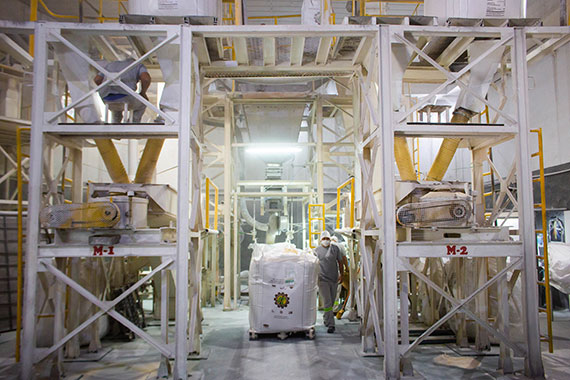
 History
History 
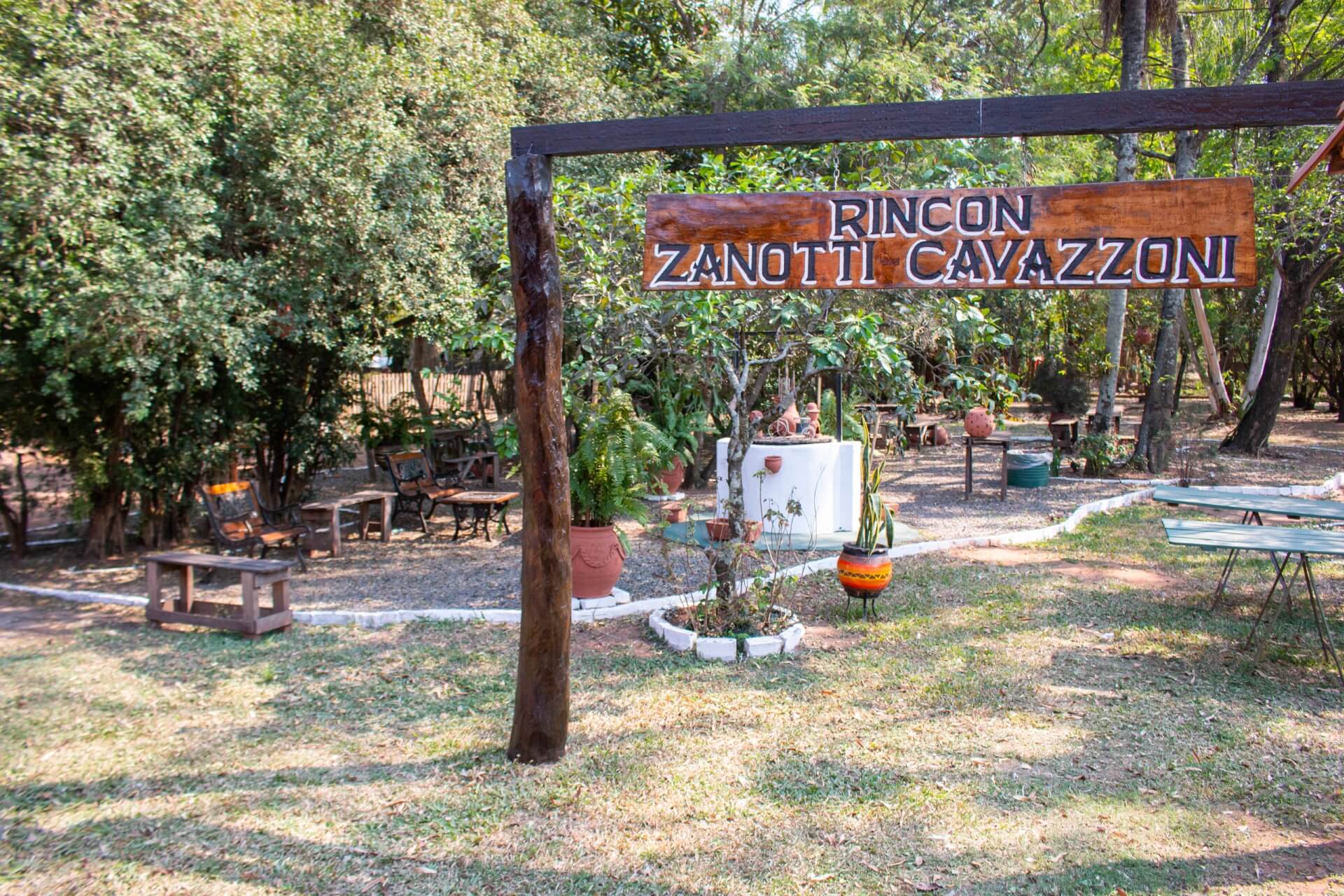
- The beginnings
- La Felsina takes its name after the city of origin of the Zanotti-Cavazzoni family. Felsina, known today as Bologna, was a town established by the Etruscans, a group of people who formerly inhabited the region of Tuscany, Italy. The historical symbols of this city are the Two Towers: Asinelli — the highest, and Garisenda — the most inclined, like the famous Tower of Pisa. Hence, the logo of La Felsina sugar mill was born, with a slanted sugar cane emulating the Garisenda tower.
- 1932
-
La Felsina Agrícola Comercial e Industrial Sociedad Anónima (A.I.C.S.A., for its acronym in Spanish), began its activities in 1932 when the company, made up of 3 members of the Zanotti-Cavazzoni family, Alfeo, Amedeo and Ulrrico and Elio Billi, acquired a rice factory in the city of Guarambaré and incorporated the activities of manufacturing sugar, alcohol, cane and coconut oil.
Since its inception, La Felsina has always had an important participation in the history of Paraguay, and not only in the history of economic development. During the Chaco War, La Felsina manufactured coconut charcoal for gas masks, fulfilling an important role in the safety of Paraguayan soldiers.
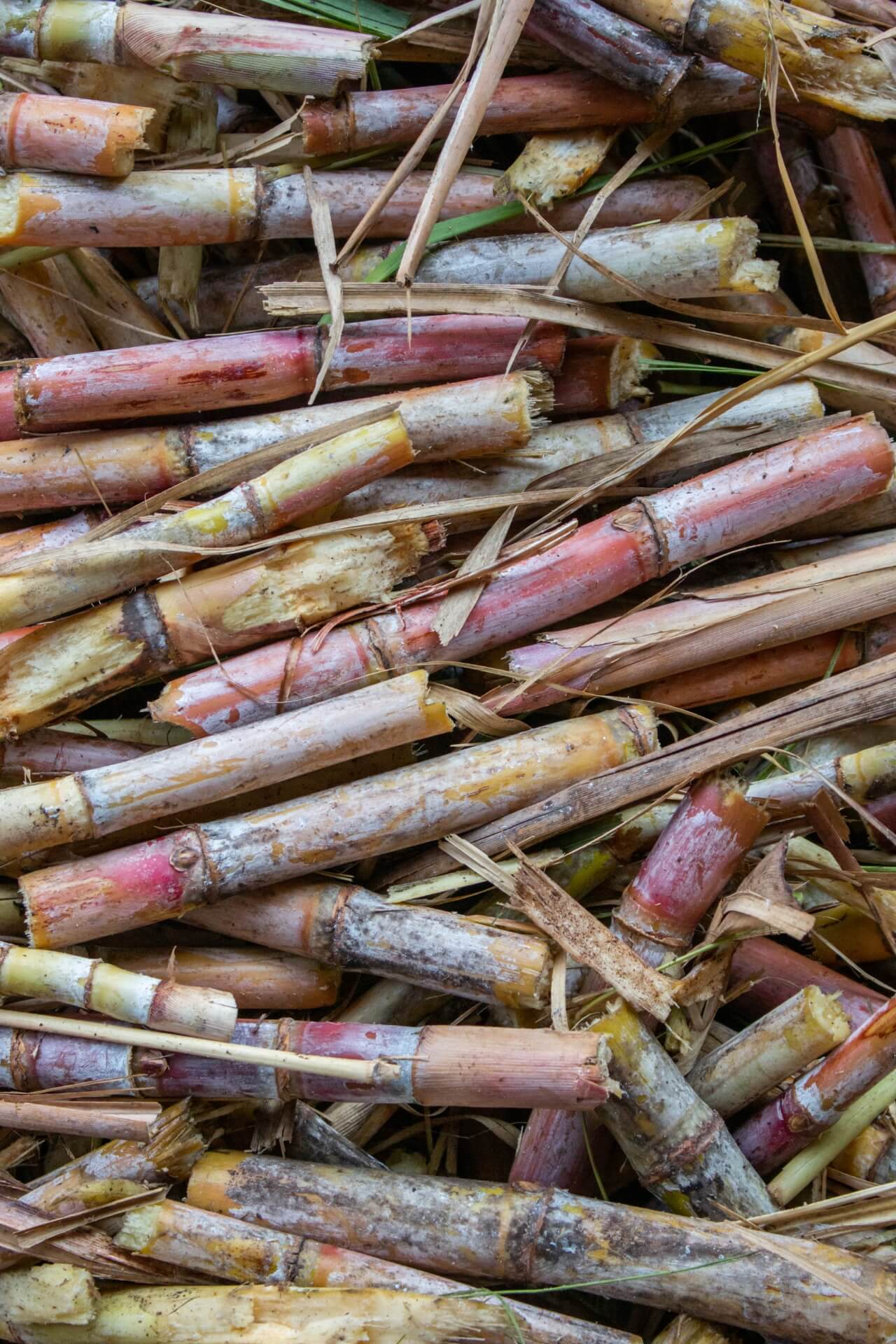
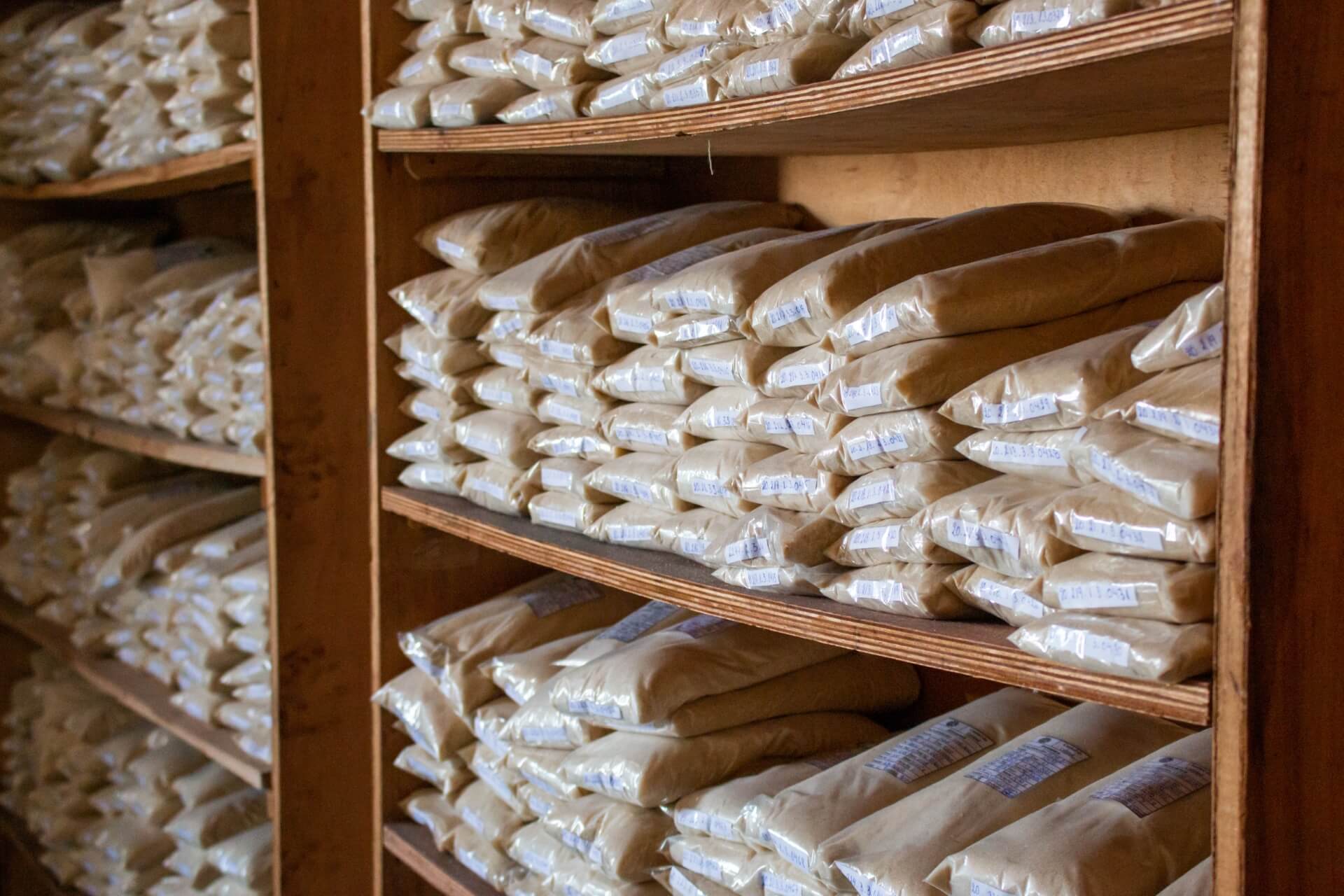
- 1972
- In November 1972, a tornado hit the area in the Central Department, destroying the coconut oil distillery and factory. Once rebuilt, the factory dedicated exclusively to produce conventional white sugar and molasses, to be marketed nationally.
- 1998
- In 1998, La Felsina began preparing the factory's crops and production processes to obtain international certifications to produce sugar and organic molasses. That same year it began to be exported to the European Union and the United States. Ten years later, in 2008, the export to Asian countries began at a small-scale.
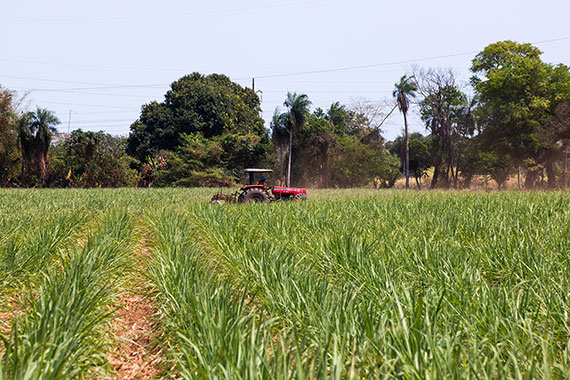
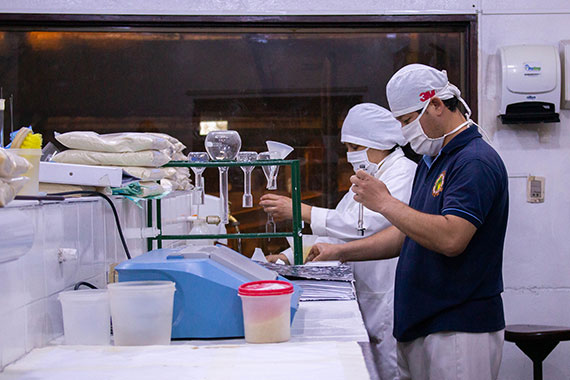
- Present
- La Felsina Agrícola Comercial e Industrial Sociedad Anónima is today made up of descendants of the founders of the company distributed in 4 shareholding groups that represent approximately 34%, 28%, 19% and 17% of the total share package.
-
The beginings

La Felsina takes its name from the city of origin of the Zanotti-Cavazzoni family. Felsina, today known as Bologna, was a town established by the Etruscans, a people that formerly inhabited the region of Tuscany, Italy. The historical symbol of this city are the Two Towers: Asinelli — the highest, and Garisenda — the most inclined, similar to the famous Tower of Pisa. Hence the logo of Azucarera La Felsina was born, with a slanted sugar cane emulating the Garisenda tower.
-
1932

La Felsina Agrícola Comercial e Industrial Sociedad Anónima, began its activities in 1932 when the company, made up of 3 members of the Zanotti-Cavazzoni family, Alfeo, Amedeo and Ulrrico and Elio Billi, acquired a rice factory in the city of Guarambaré and incorporated the activities manufacturing sugar, alcohol, cane and coconut oil. Since its inception, La Felsina has always had an important participation in the history of Paraguay, and not only in the history of economic development. During the Chaco War, La Felsina manufactured coconut charcoal for gas masks, fulfilling an important role in the security of Paraguayan soldiers.
-
1972

In November 1972, a tornado hit the area in the Central Department, destroying the coconut oil distillery and factory. Once rebuilt, the factory was dedicated to exclusively producing conventional white sugar and molasses, to be marketed nationally.
-
1998

In 1998, La Felsina began preparing the factory's crops and production processes to obtain international certifications for the production of sugar and organic molasses. That same year it began to be exported to the European Union and the United States. Ten years later, in 2008, small-scale export began to Asian countries.
-
Present

La Felsina Agrícola Comercial e Industrial Sociedad Anónima is today made up of descendants of the founders of the company distributed in 4 shareholding groups that represent approximately 34%, 28%, 19% and 17% of the total share package.
 Corporate social responsibility
Corporate social responsibility 
Corporate Social Responsibility (CSR) is not an obligation or an imposition by third parties, it is rather a commitment and a work we carry out with joy and effort. In its pursuit to contribute to social, economic, and environmental improvement in an active and willful manner, La Felsina has established a relationship with the following entities:
Together for Education: It is a Benefactor Partner of this independent movement made up of companies and members of the Paraguayan civil society that seeks to turn public education into a National cause.
Visit websiteA roof over my country: Donated for this organization that works by building emergency housing in extremely poor communities in Paraguay.
Visit website
Dequení Foundation: Signed an agreement with the Dequení Foundation in order to support the programs that the foundation has and with which it seeks to comprehensively strengthen boys, girls and their families, based on education, and the main objective being to distance them from the dangers of the street.
Visit websiteConin Foundation: Financially supports the programs implemented by the foundation, programs that eventually seek to defeat child malnutrition so that children in the country can fully develop their capacities.
Financially..
Visit website